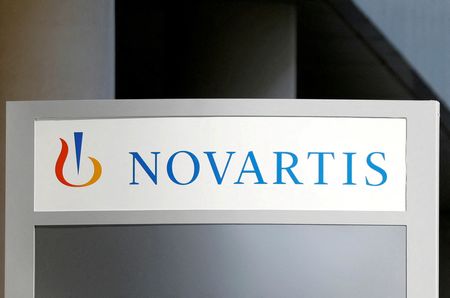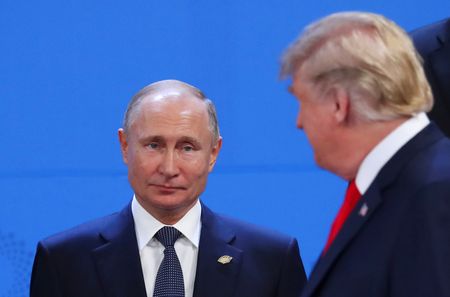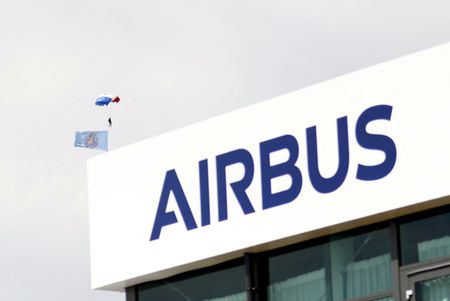ZURICH (Reuters) -Novartis said on Tuesday it had received approval in Switzerland for Coartem Baby, which it said was the first drug to treat malaria in babies and very young children.
Eight African countries who participated in the assessment are now expected to issue quick approvals for the treatment, which is also known as Riamet Baby in some countries.
Novartis launched Coartem to treat malaria in 1999, with a new dose strength now designed for small babies.
The treatment was developed with scientific and financial support from Medicines for Malaria Venture (MMV), a Swiss non-profit group working to deliver medicines to treat, prevent and eliminate the disease that is spread by mosquitoes.
The new infant version of Coartem is dissolvable, including in breast milk, and has a sweet cherry flavour to make it easier to administer.
Until now, there has been no approved malaria treatment for infants weighing less than 4.5 kilograms (9.9 pounds), leaving a treatment gap, Novartis said.
Currently available malaria treatments have only been tested in children at least six months old, because the very young are usually excluded from treatment trials.
Previously, infants have used formulations meant for older children, increasing the risk of overdose. Malaria vaccines are also not approved for the youngest babies.
The eight countries that took part in the assessment were Burkina Faso, Ivory Coast, Kenya, Malawi, Mozambique, Nigeria, Tanzania and Uganda.
Around 30 million babies are born in areas of malaria risk in Africa every year, with one survey across West Africa reporting infections ranging between 3.4% and 18.4% in infants younger than six months old, Novartis said.
The treatment will be distributed on a largely not for profit basis, Novartis said.
“Together with our partners, we are proud to have gone further to develop the first clinically proven malaria treatment for newborns and young babies, ensuring even the smallest and most vulnerable can finally receive the care they deserve,” said Novartis CEO Vas Narasimhan.
(Reporting by John Revill. Editing by Friederike Heine and Mark Potter)










